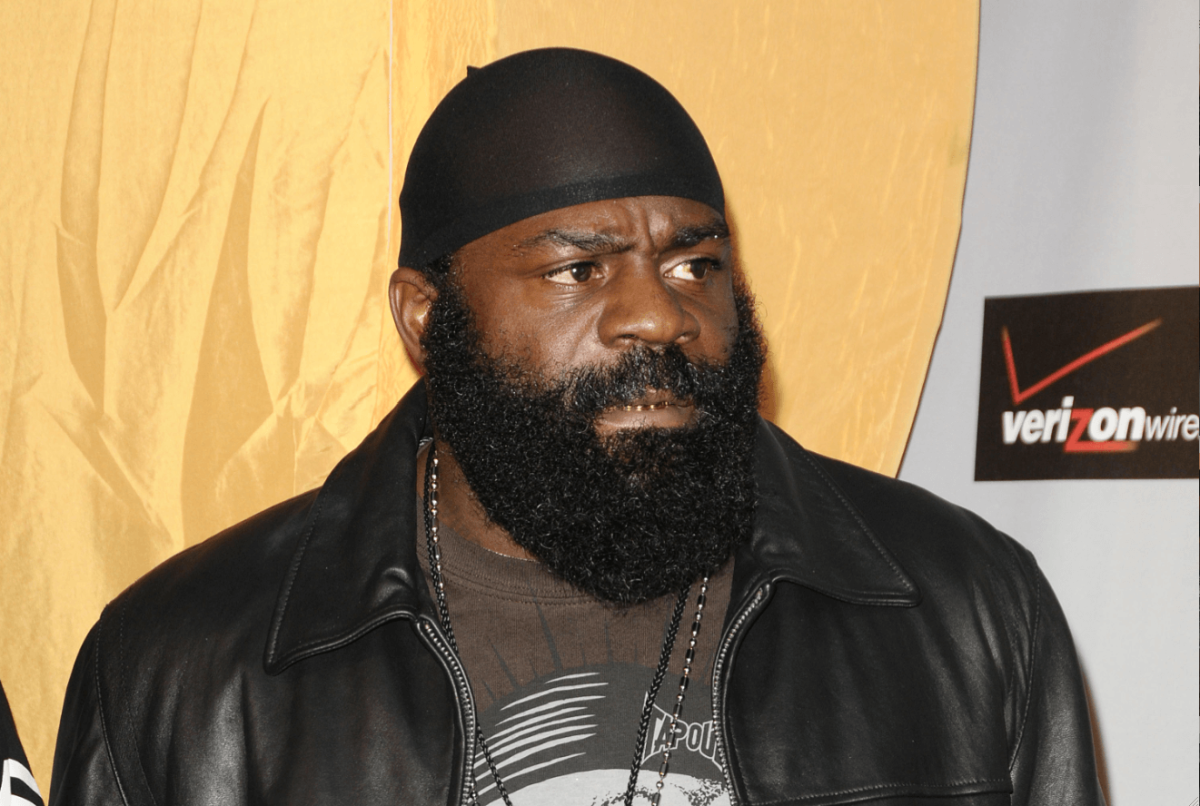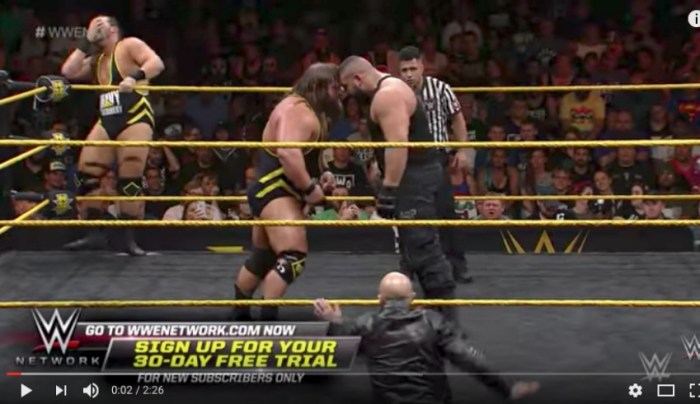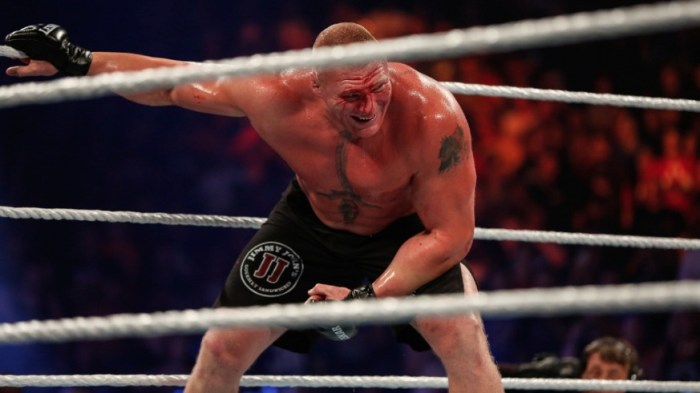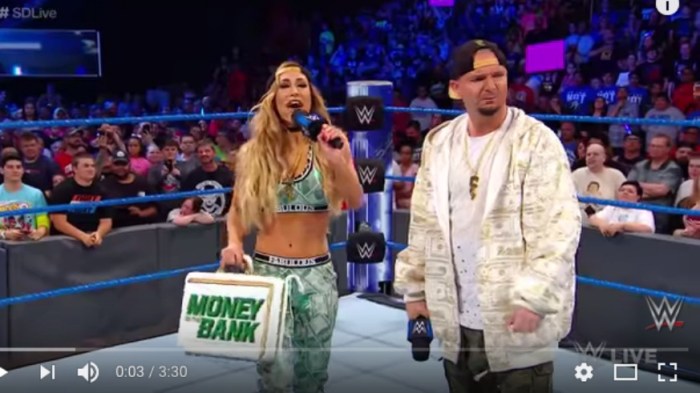Famed street fighter and YouTube sensation Kimbo Slice (real name Kevin Furguson) died Monday at the age of 42.
“We are all shocked and saddened by the devastating and untimely loss of Kimbo Slice, a beloved member of the Bellator family,” saidBellator president Scott Cokerin astatement.”Outside of the cage he was a friendly, gentle giant and a devoted family man.His loss leaves us all with extremely heavy hearts, and our thoughts and prayers are with the entire Ferguson family and all of Kimbo’s friends, fans, and teammates.” RELATED: Brock Lesnar in UFC could mean CM Punk, Goldberg returns to WWE The cause of death was not yet official by Tuesday afternoon but many have speculated on Twitter that Slice died of heart failure due to steroid abuse. Slice tested positive for anabolic steroids and elevated testosterone to epitestosterone ratios in February. The link between heart failure and steroid abuse is still a contested issue. In 2014, professional wrestler and former steroid userUltimate Warrior died from “cardiovascular disease,” according to the Maricopa County (Arizona) medical examiner’s office, but the deathwas deemed “natural.” In 2005, HBO’s Real Sports issued a report on steroids and offered a much different take on the notion that use and abuse directly leads to heart failure. “Want to know how many scientific studies definitively link the use of anabolic steroids to death or even serious health risks? One? 15? 20? Try zero,” said reporter Armen Keteyian in the show’s open. The American Heart Associated said in a 2010 journal (Circulation: Heart Failure) that “long-term anabolic steroid use may weaken the heart more than previously thought and may increase the risk of heart failure.” “Anabolic-androgenic steroids mimic the naturally occurring testosterone, a muscle-building hormone that promotes male sexual characteristics.
“In the small study, investigators found that the left ventricle, the heart’s main pumping chamber, was significantly weaker during contraction (systolic function) in participants who had taken steroids compared to a group of similar non-steroid users.”
How did Kimbo Slice die?

Getty Images


















